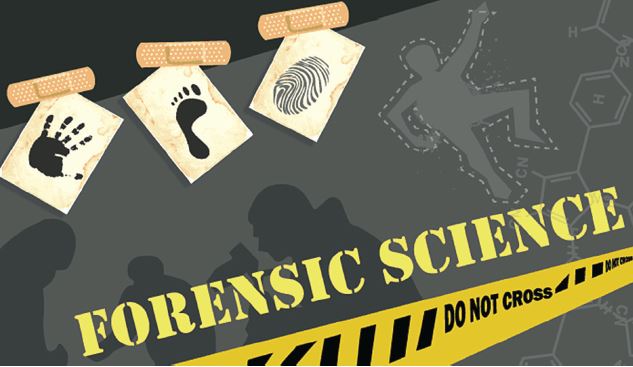Criminology and forensic science are two areas of study that complement each other in the fight against crime. Criminology is the study of how science and environment affect the criminal mind and the interaction between individuals or communities and the criminal element. On the other hand, forensic science involves transforming small pieces of information into something substantial. Forensic scientists use pieces of forensic evidence to illustrate a link between an individual and the crime or an alibi for the individual wrongly accused of a crime.
Criminologists and forensic scientists work together to piece together their separate information to come up with one solution based on the facts they have all gathered. For instance, a police officer working as a criminology expert may be able to psychologically profile a suspect, but they would require the help of a forensic scientist to match carpet fibers from the crime scene to carpet fibers in the suspect’s home or vehicle. By linking together all the separate notions that each individual is able to learn, a complete or near-complete timeline of the suspect and crime can be composed. With enough evidence, this can be taken before a court and the trial will begin against the alleged suspect.
Forensic science fields are diverse and offer unique benefits within each one. Some of the categories that exist for individuals involved in forensic work include medical examiners that inspect corpses, crime laboratory analysts that are able to look at the chemical and biological makeup of pieces of evidence, crime scene examiners, and those that assist in a technical or academic capacity.
By using virtually irrefutable evidence of a scientific nature, the jury and the judge are able to clearly see how crimes are linked to the suspect. This is especially important because in serious cases, the jury must be in agreement that there is no reasonable doubt on the part of the individual defendant’s role in the crime. In other cases, the defense will use the forensic evidence to clear their defendant of the charges against them.
In conclusion, the combination of criminology and forensic science can help lawyers and law students understand how to solve crimes. By piecing together information from these two areas, a more logical and straightforward illustration of the events of the crime and the suspected individual can be presented to a jury and a judge. The use of virtually irrefutable scientific evidence can help make the criminal justice system more effective and fair.

